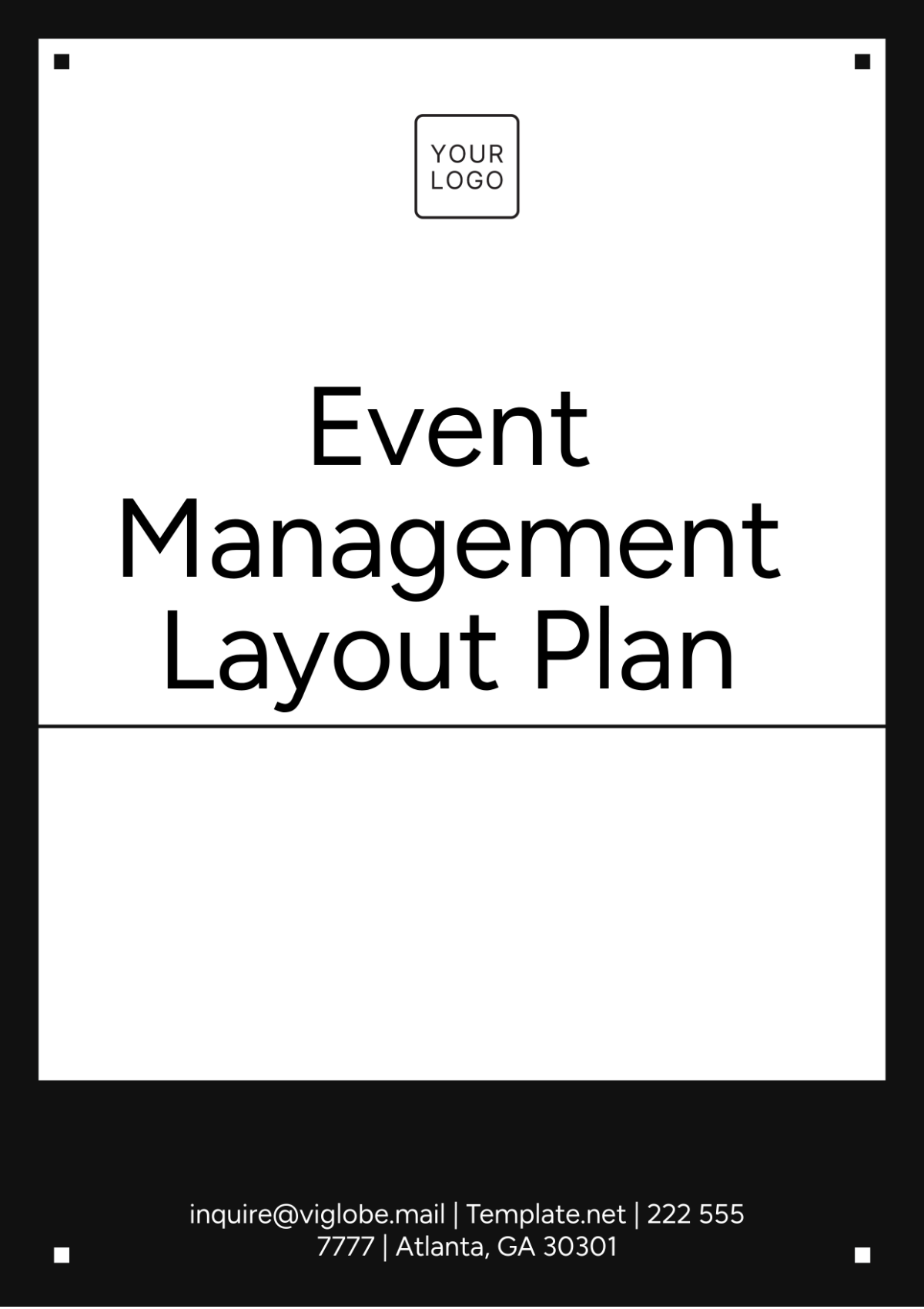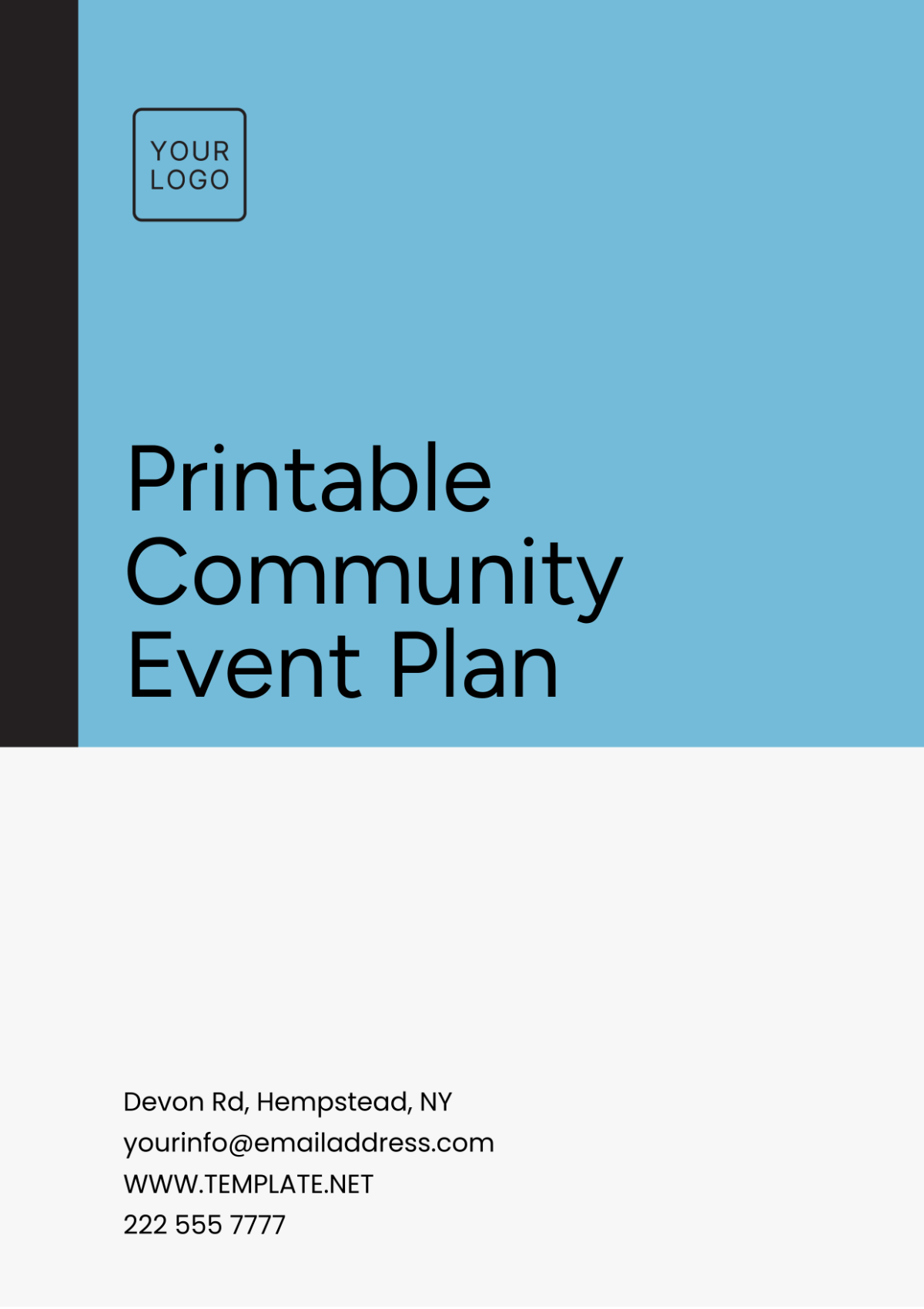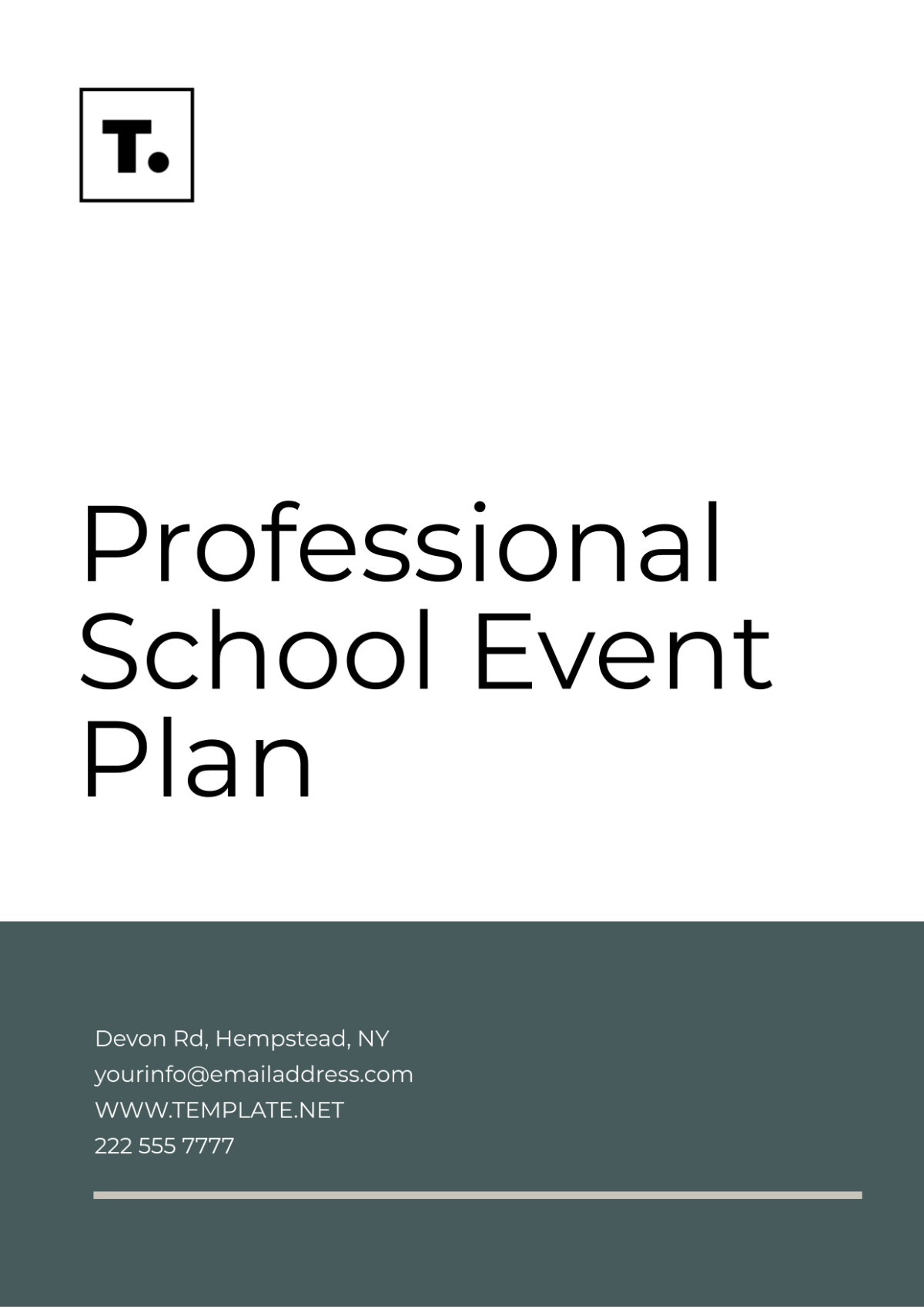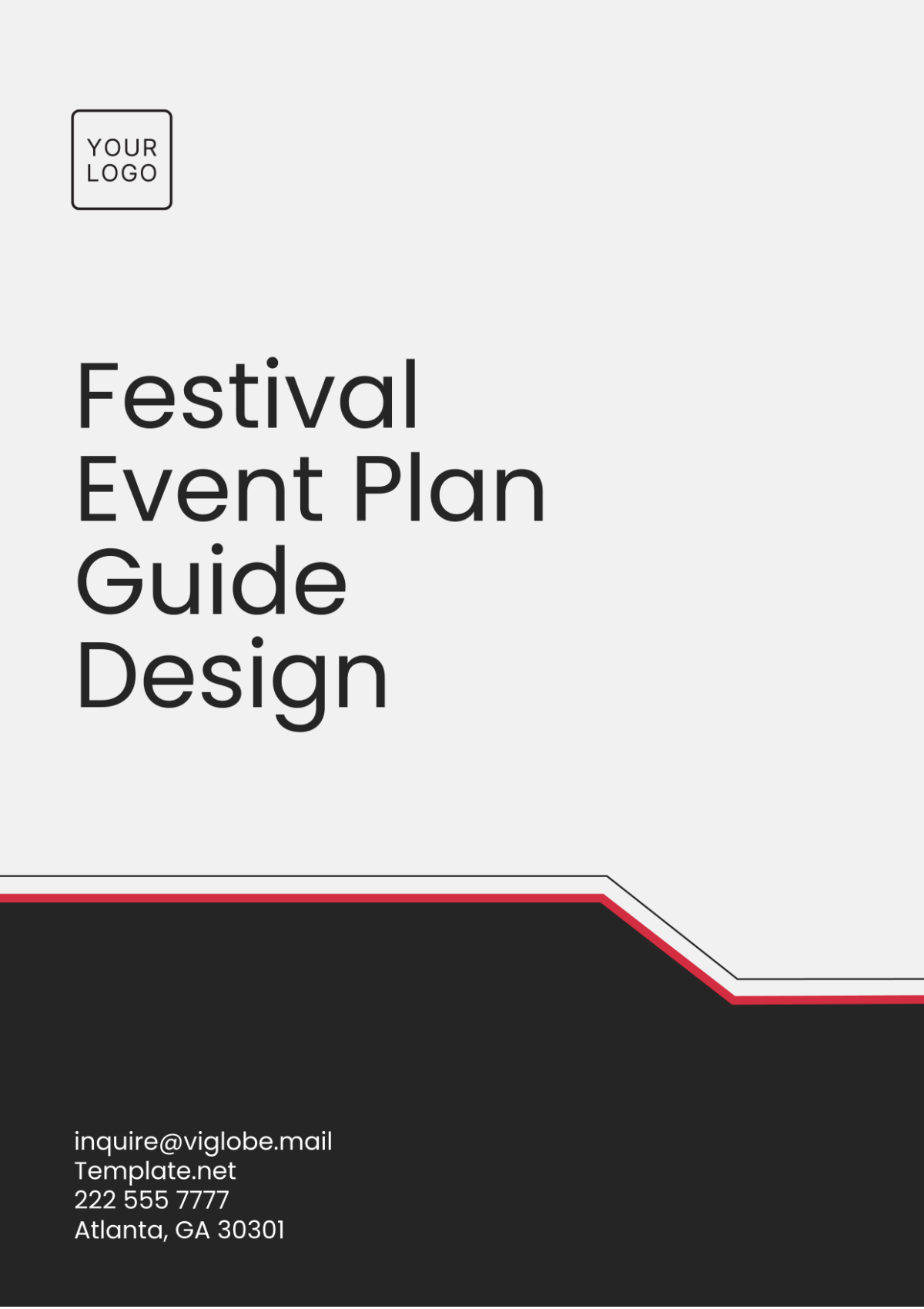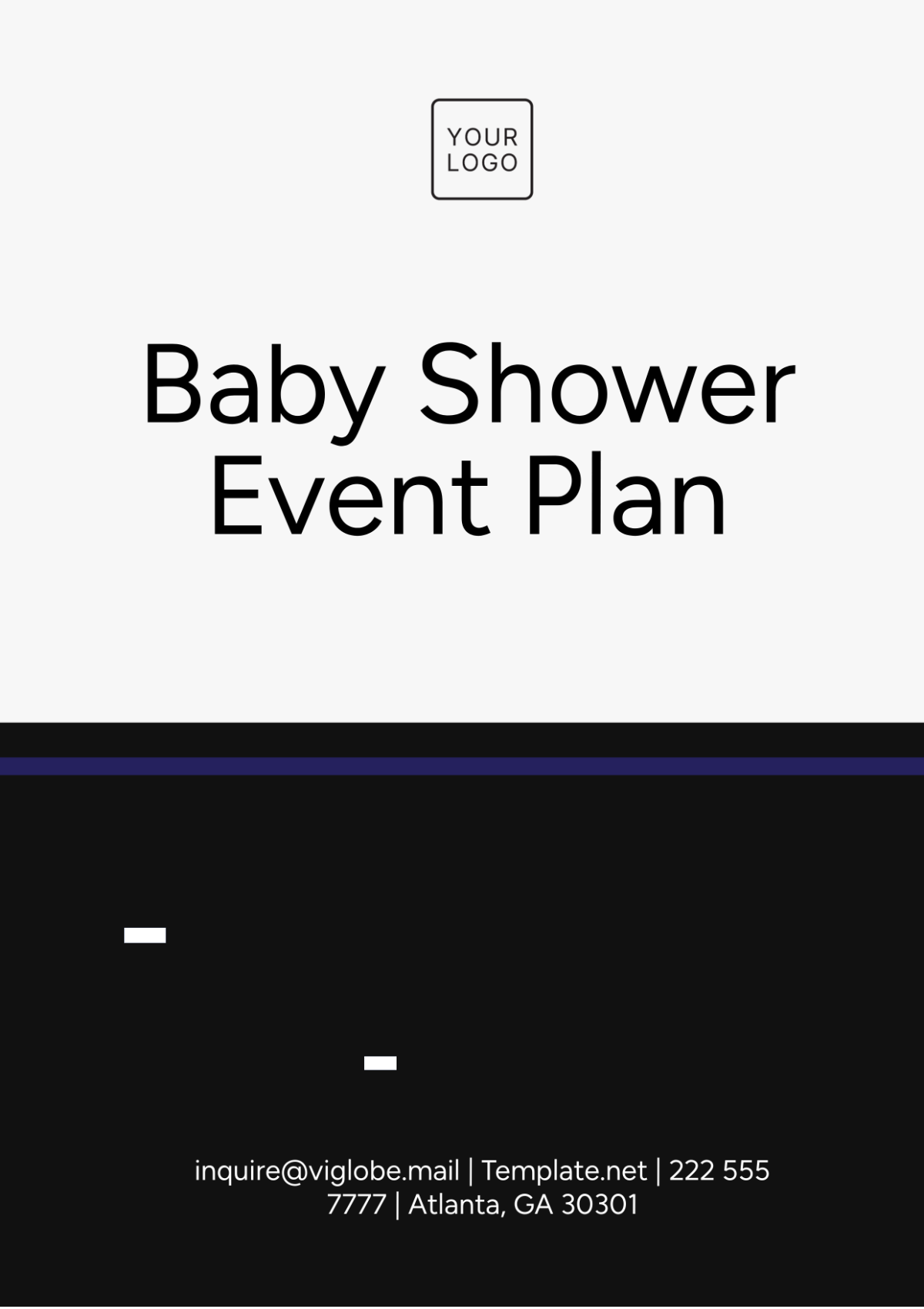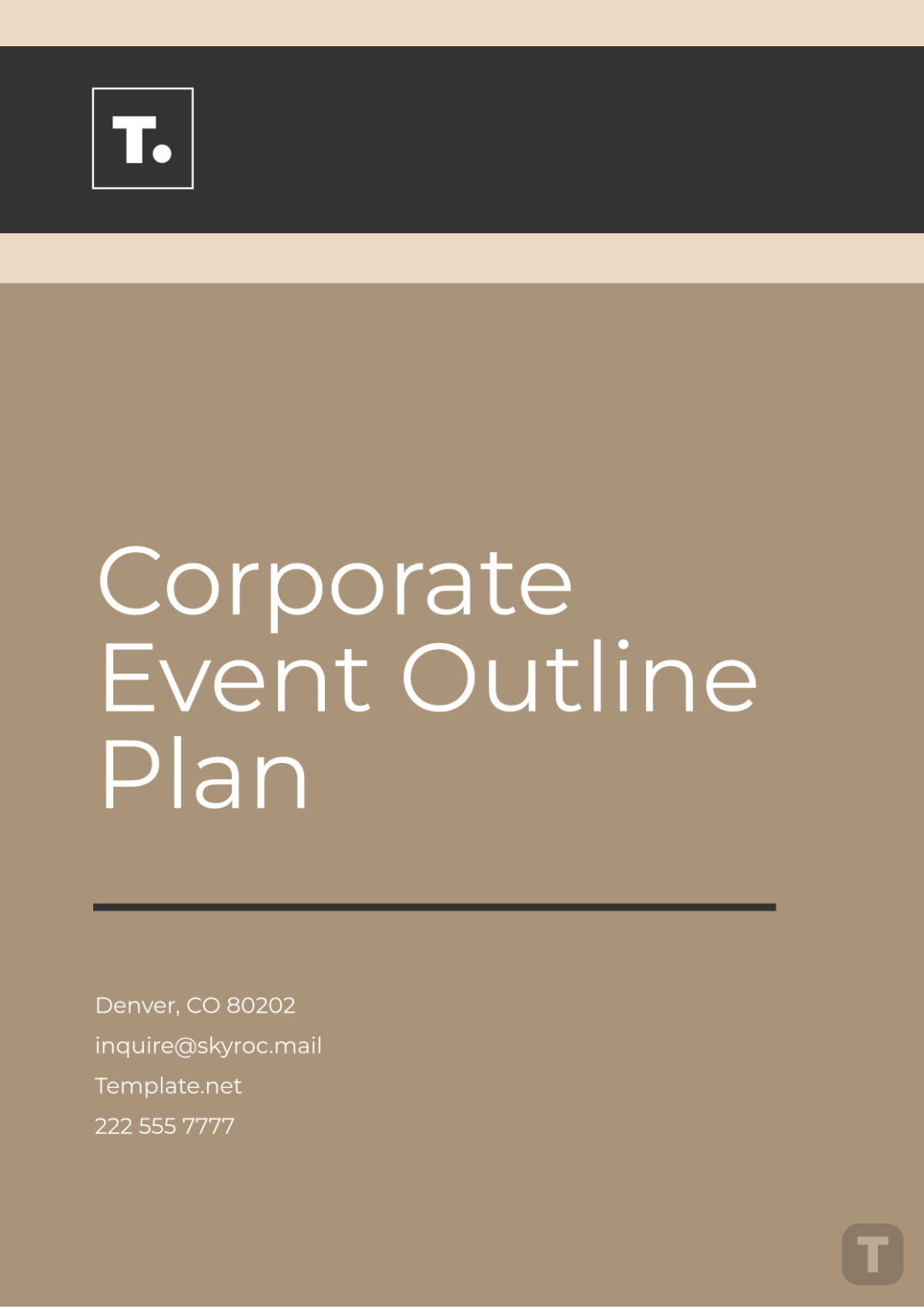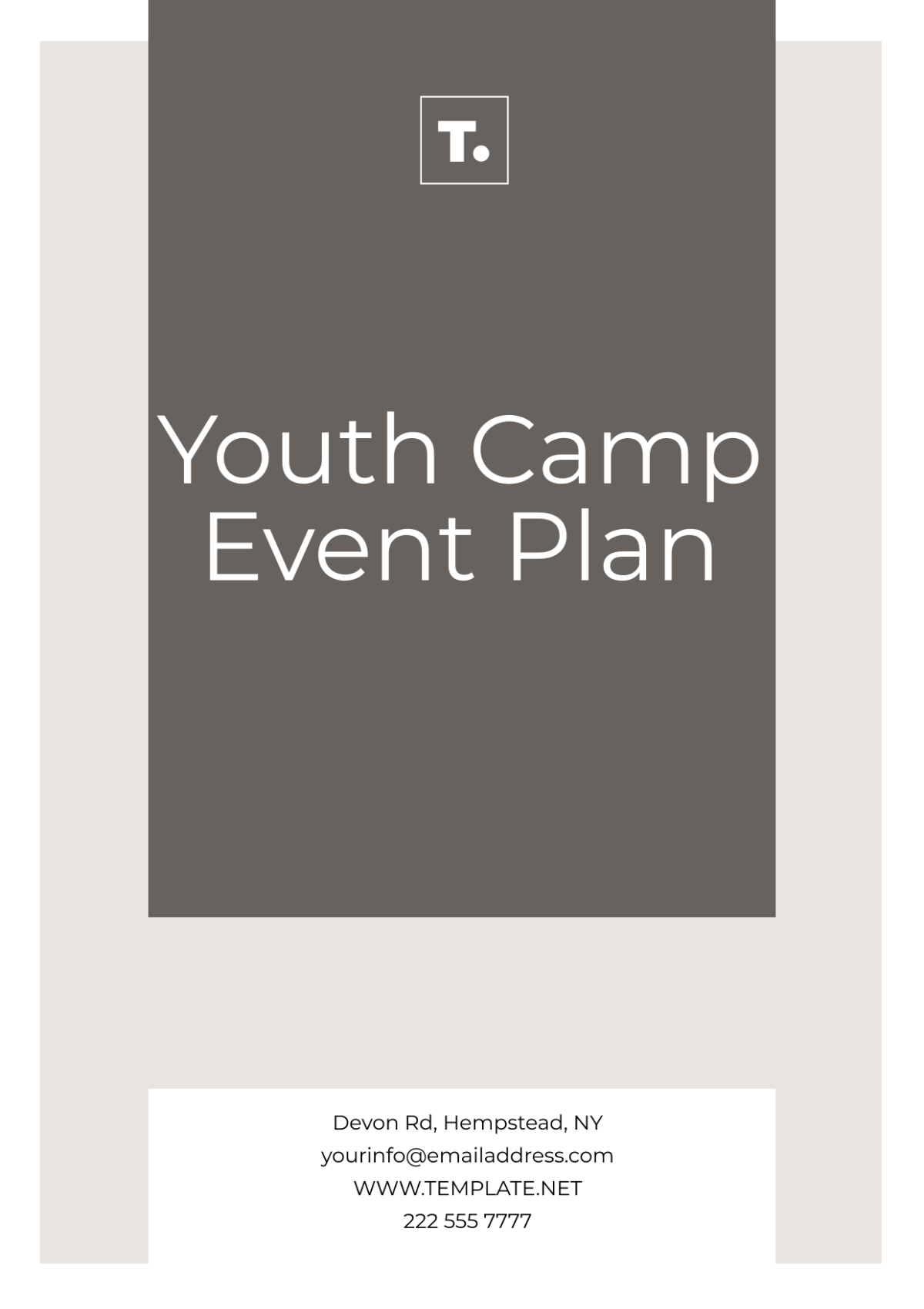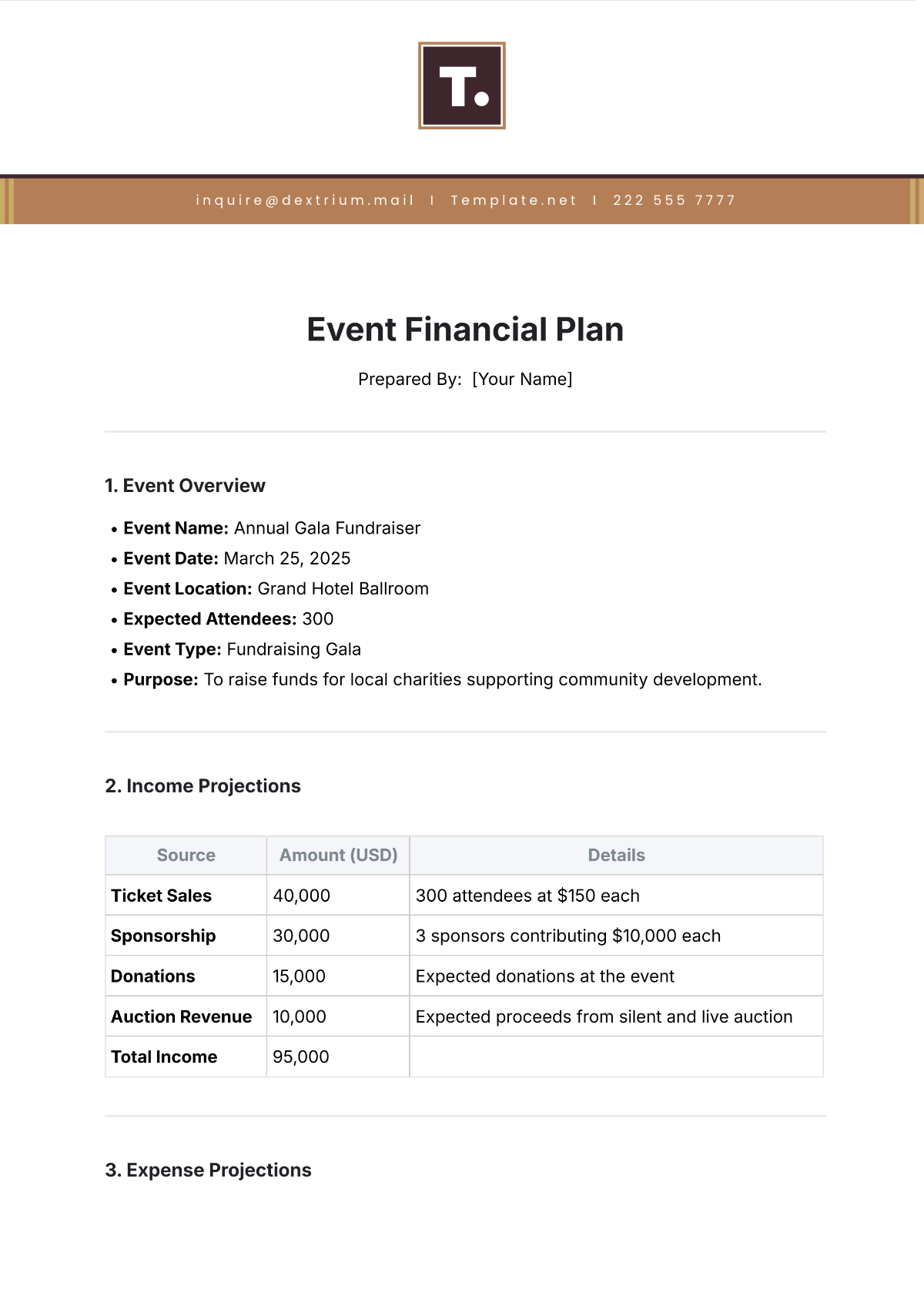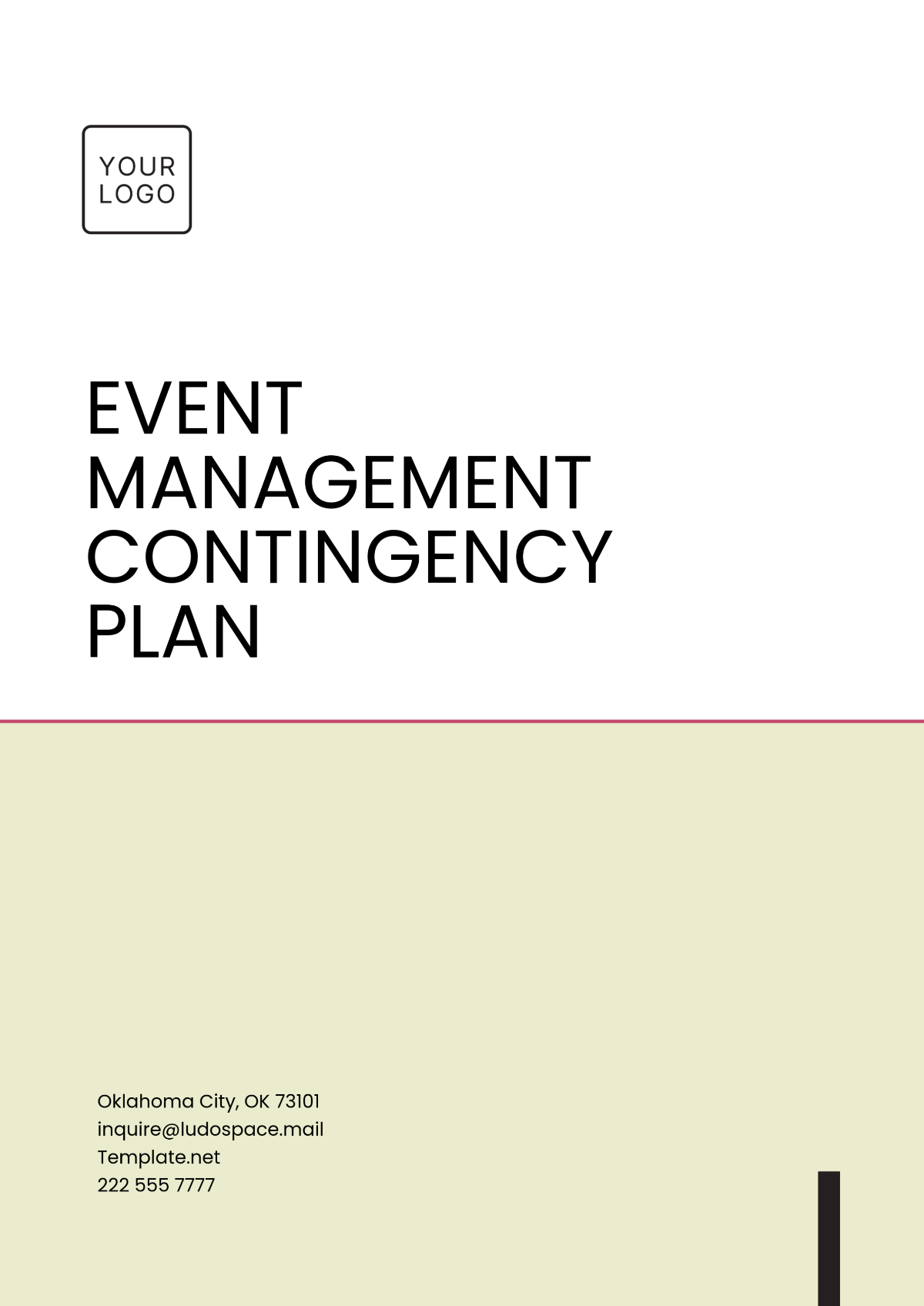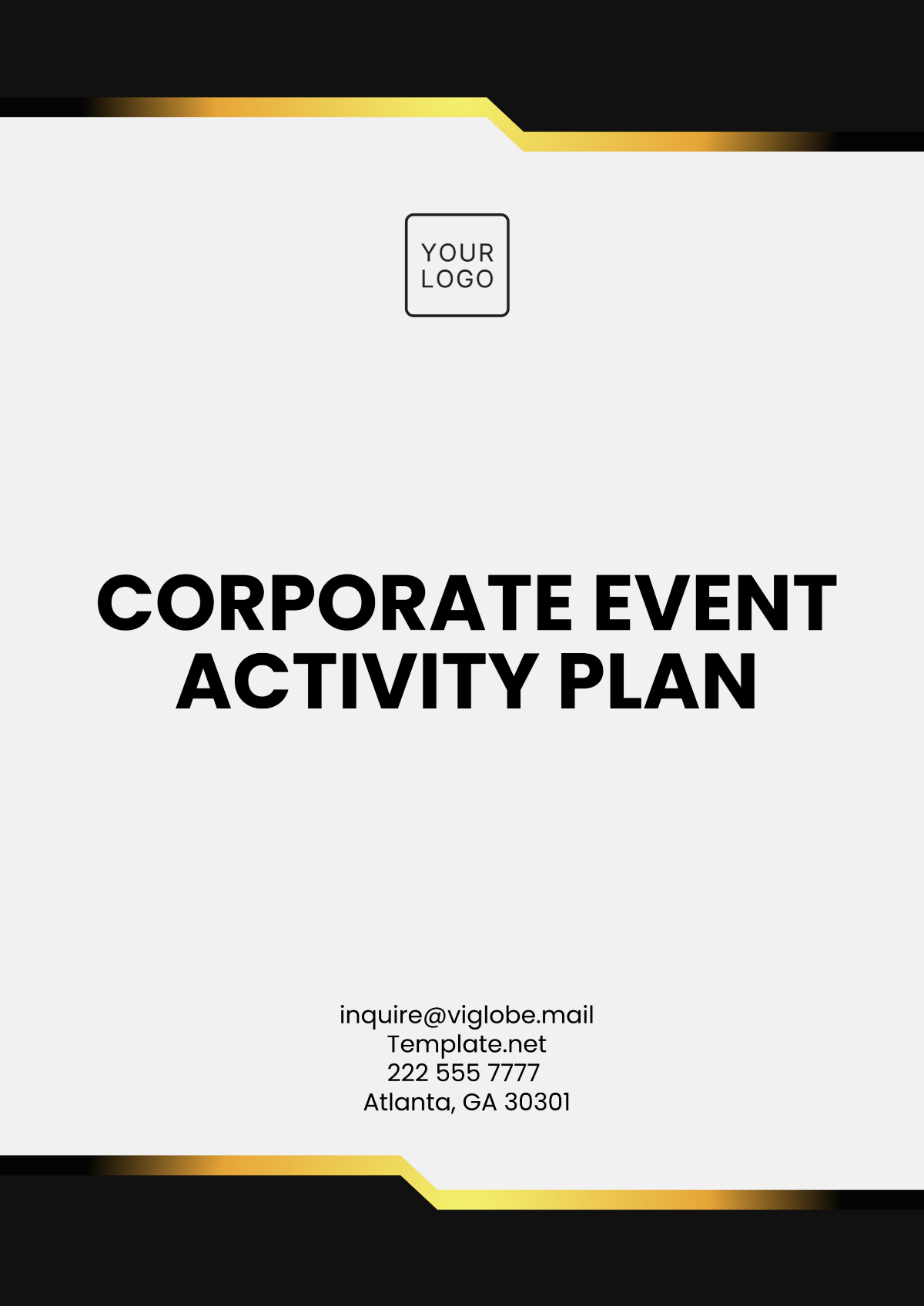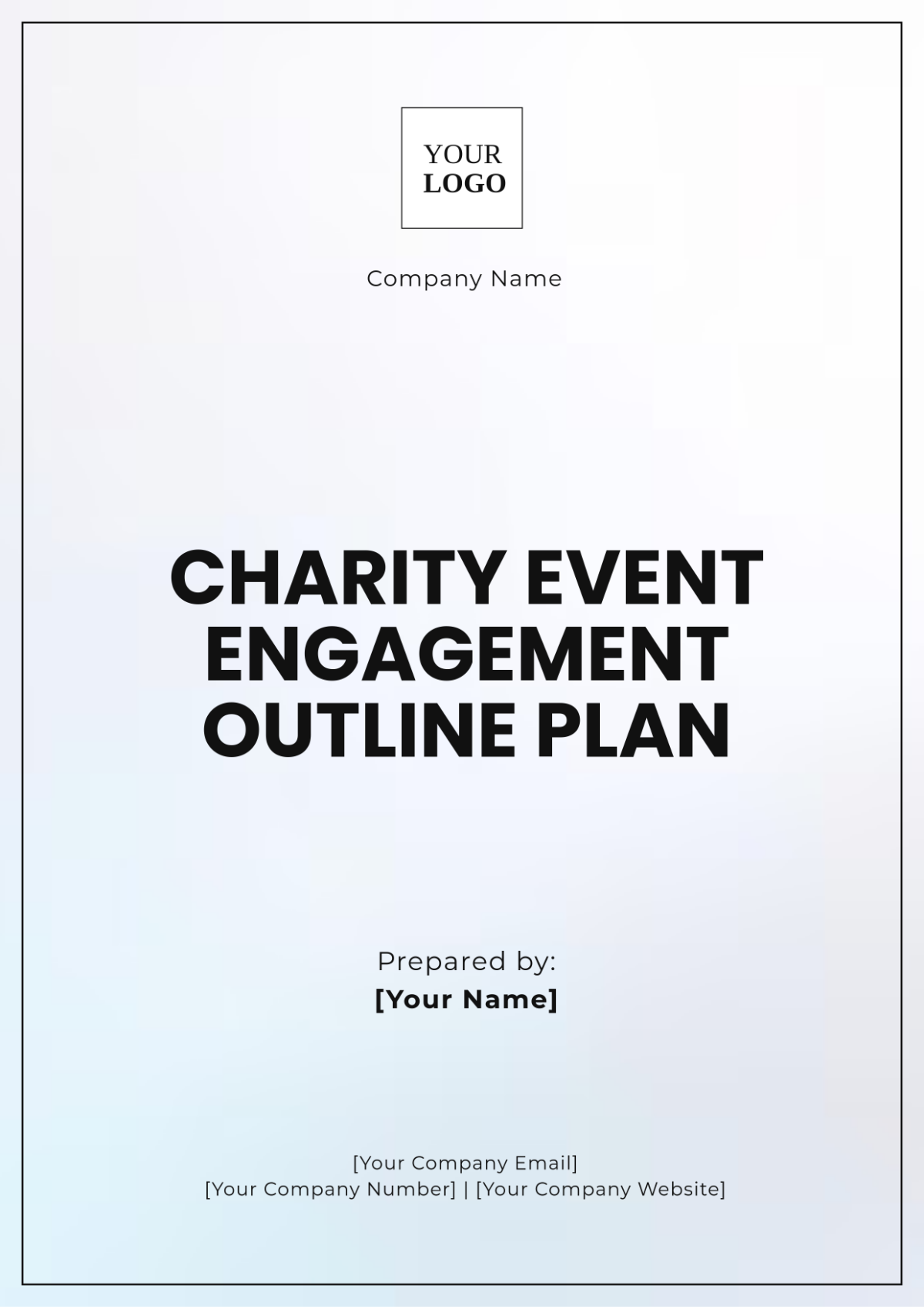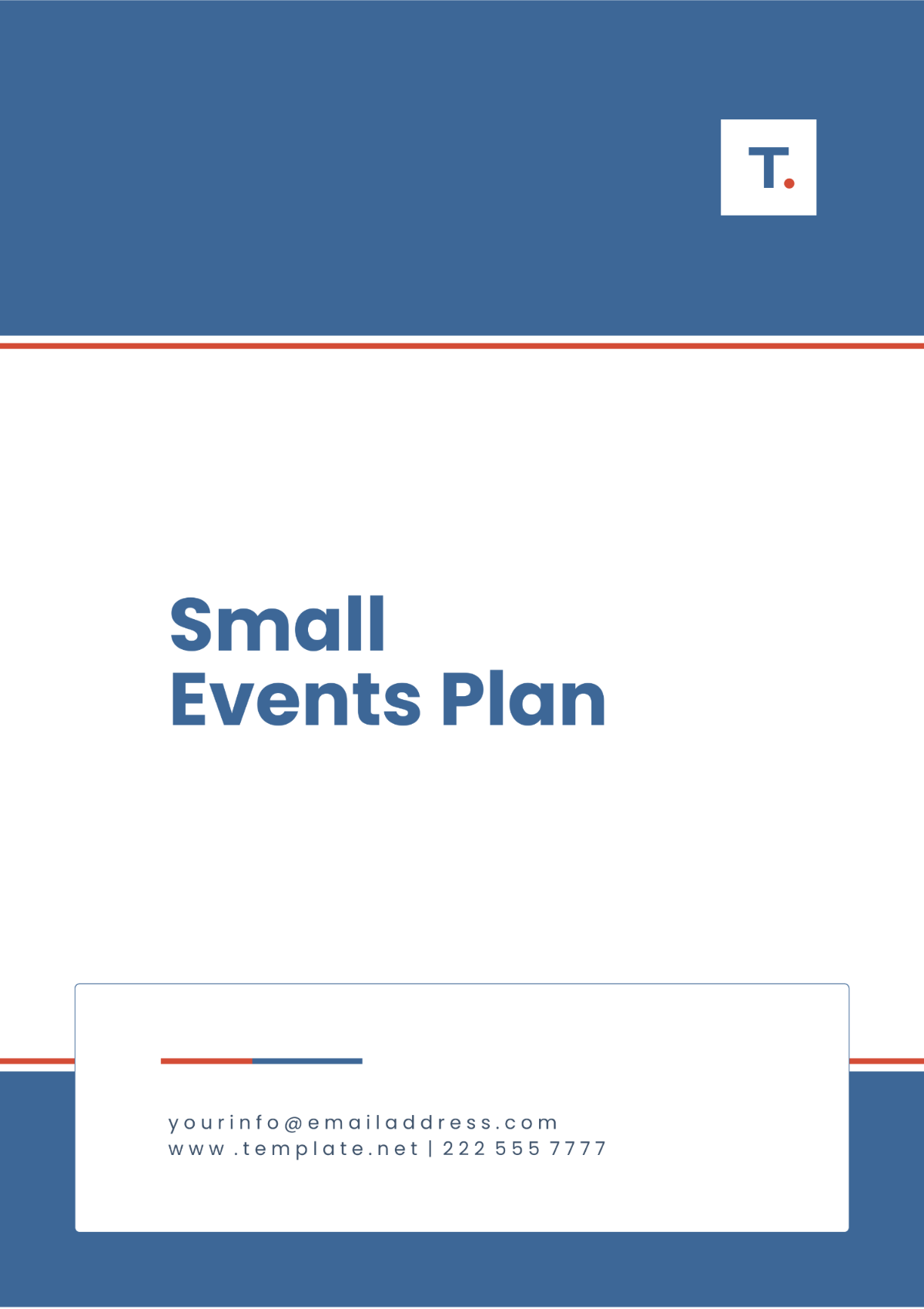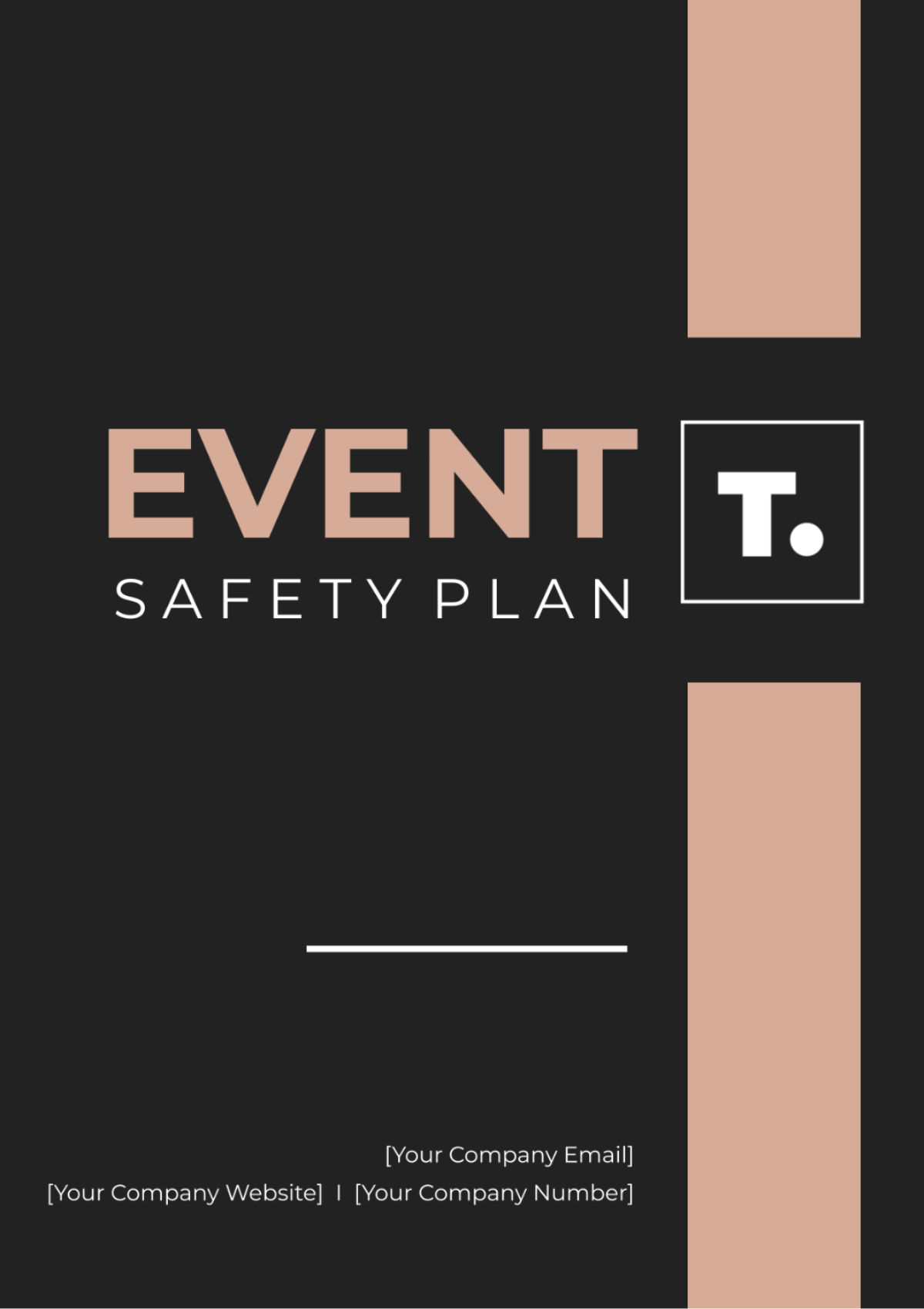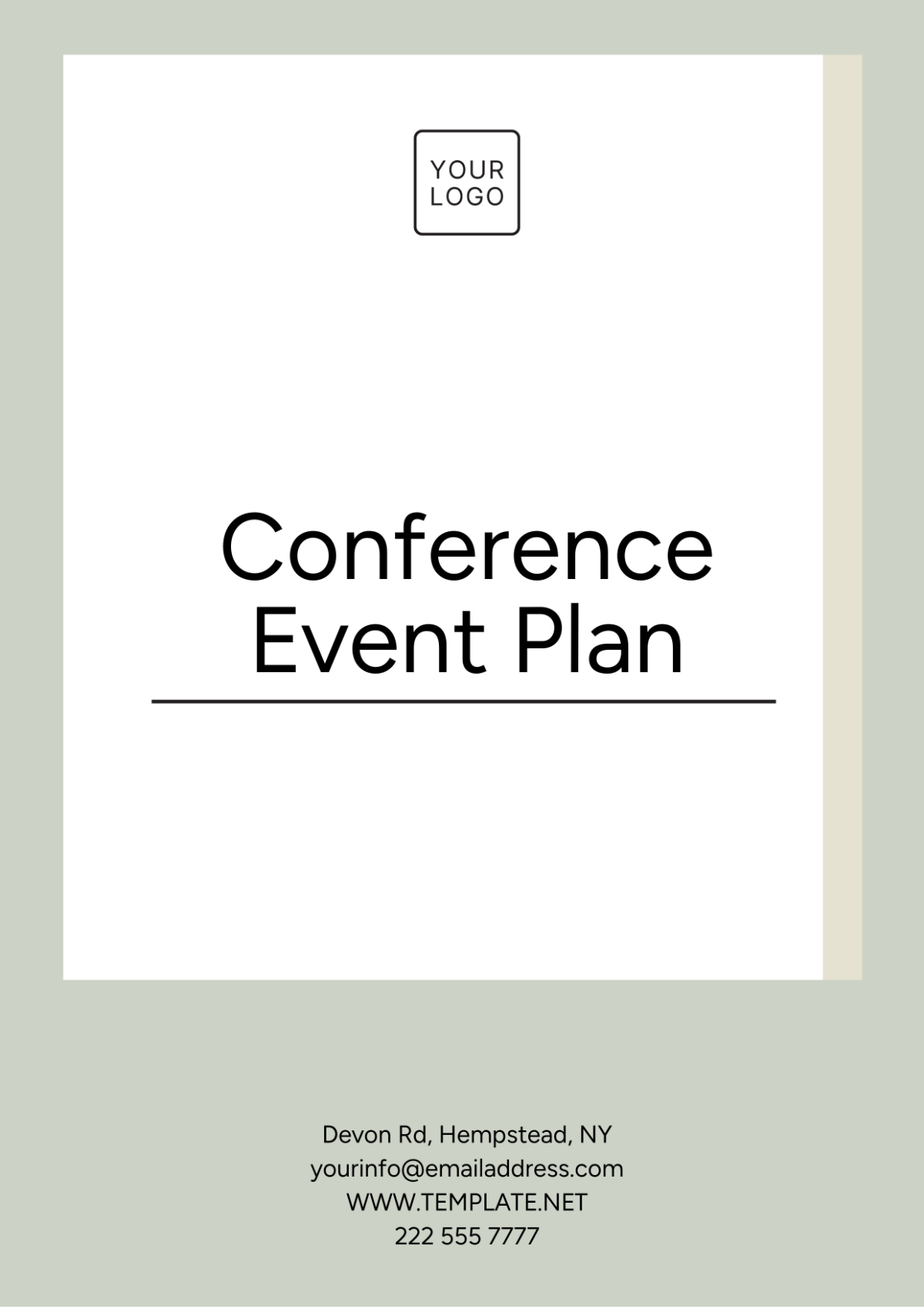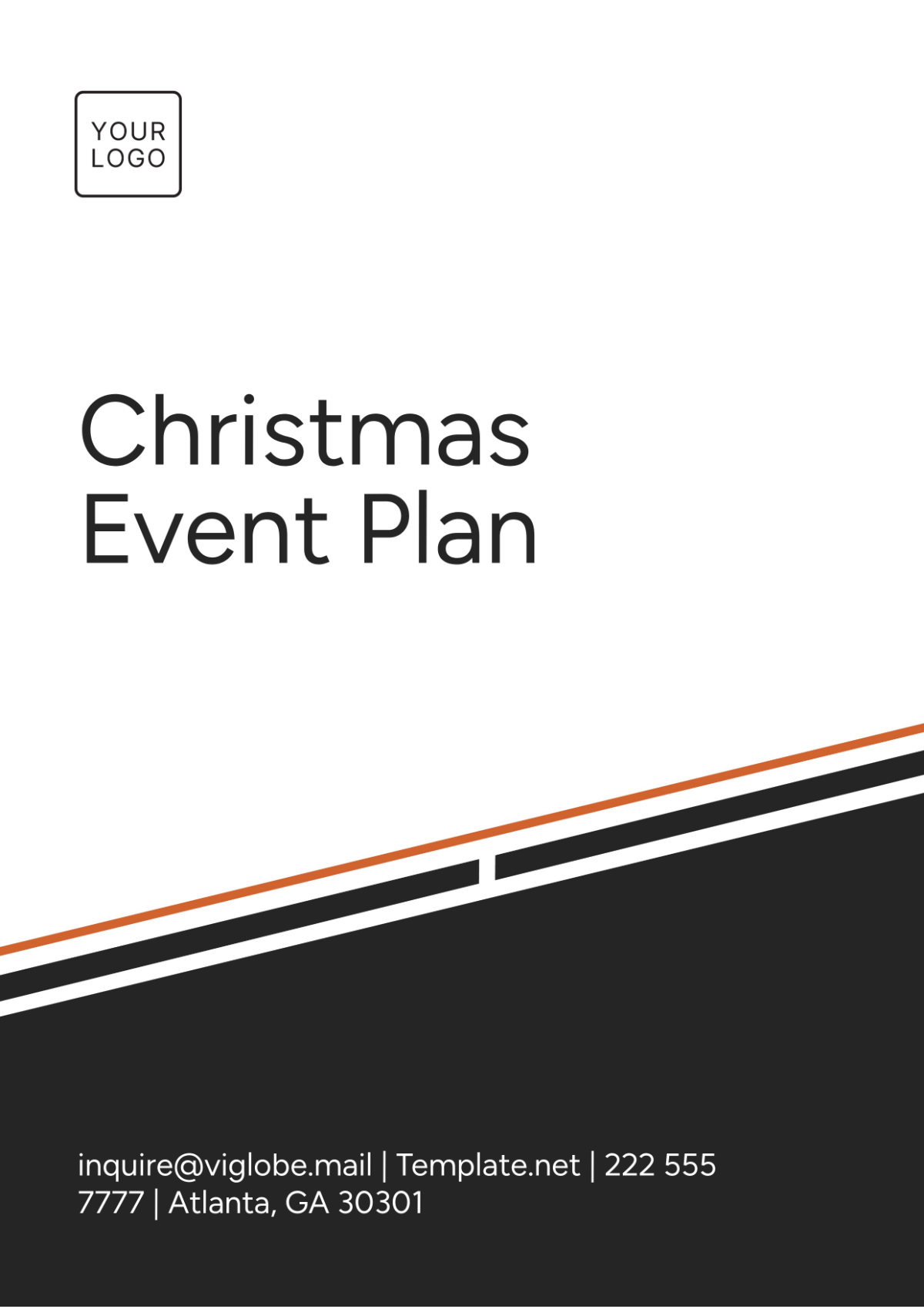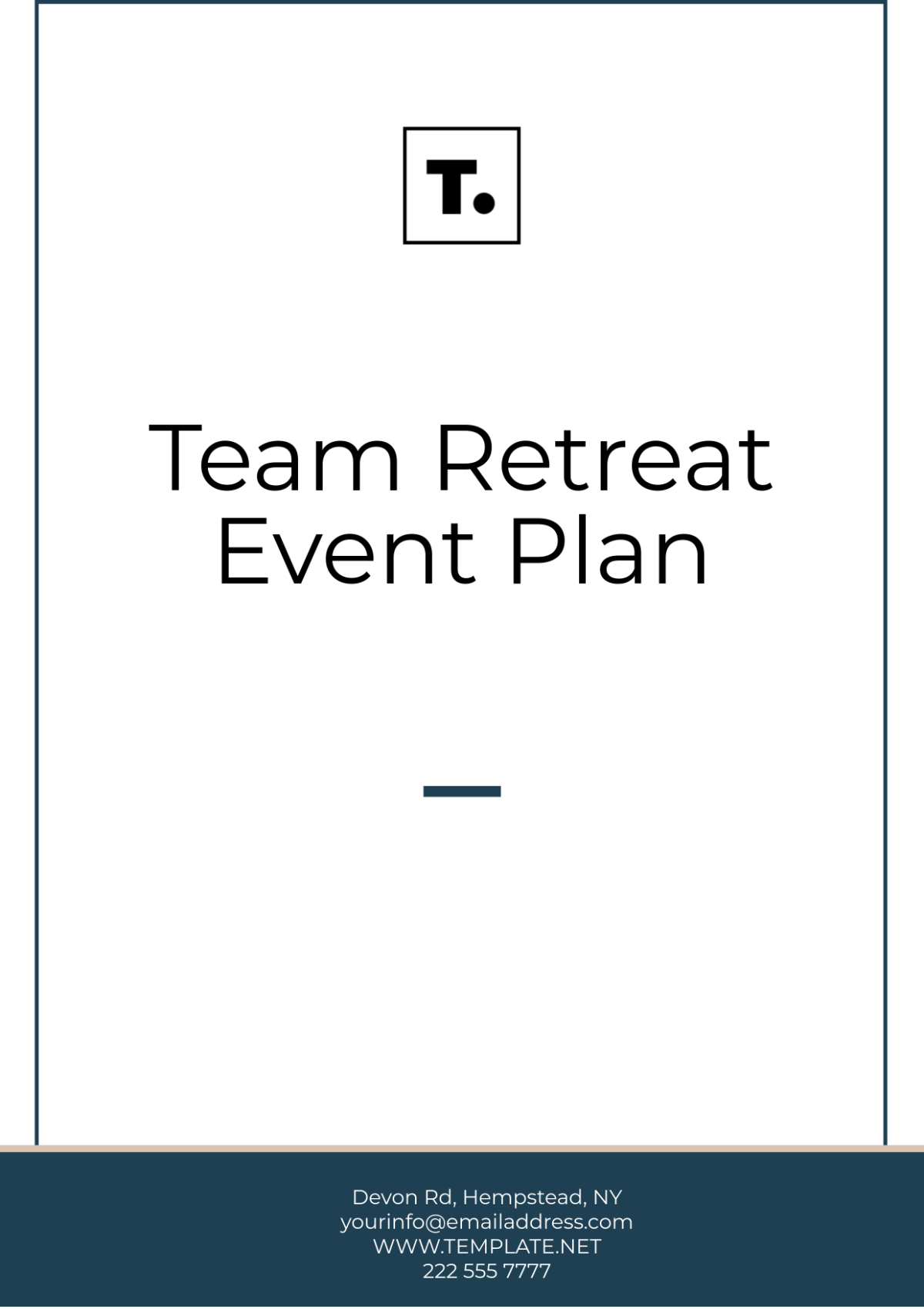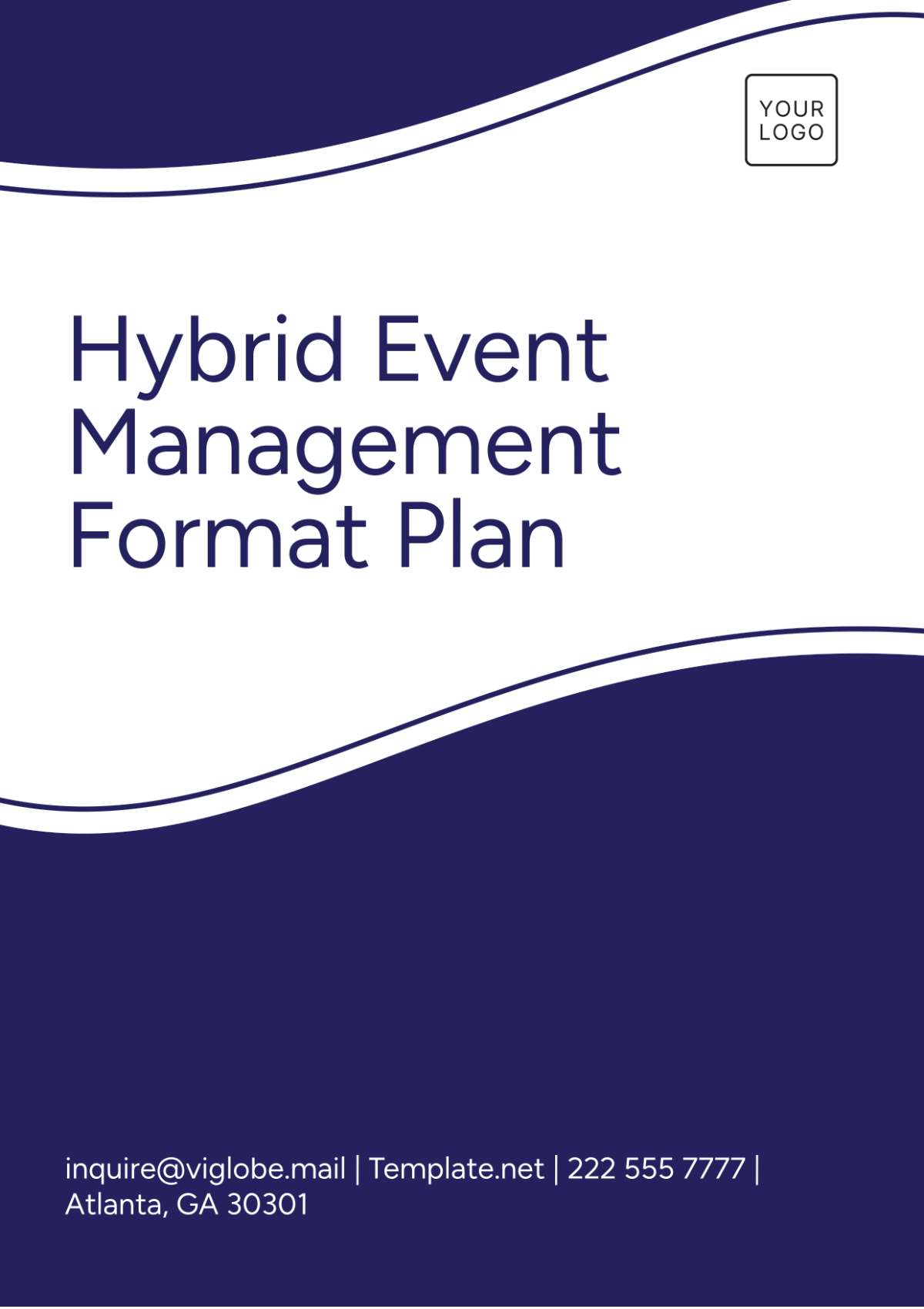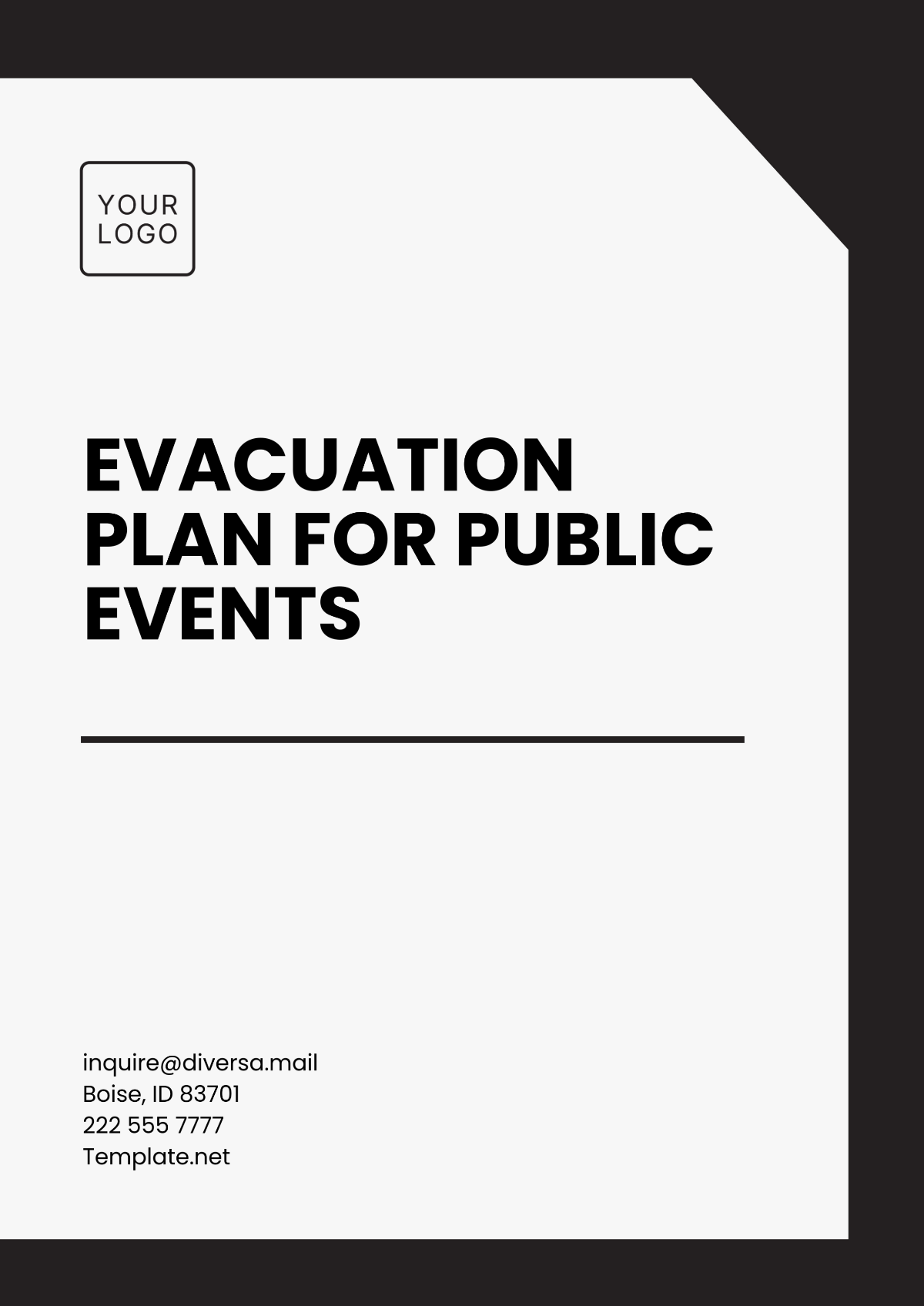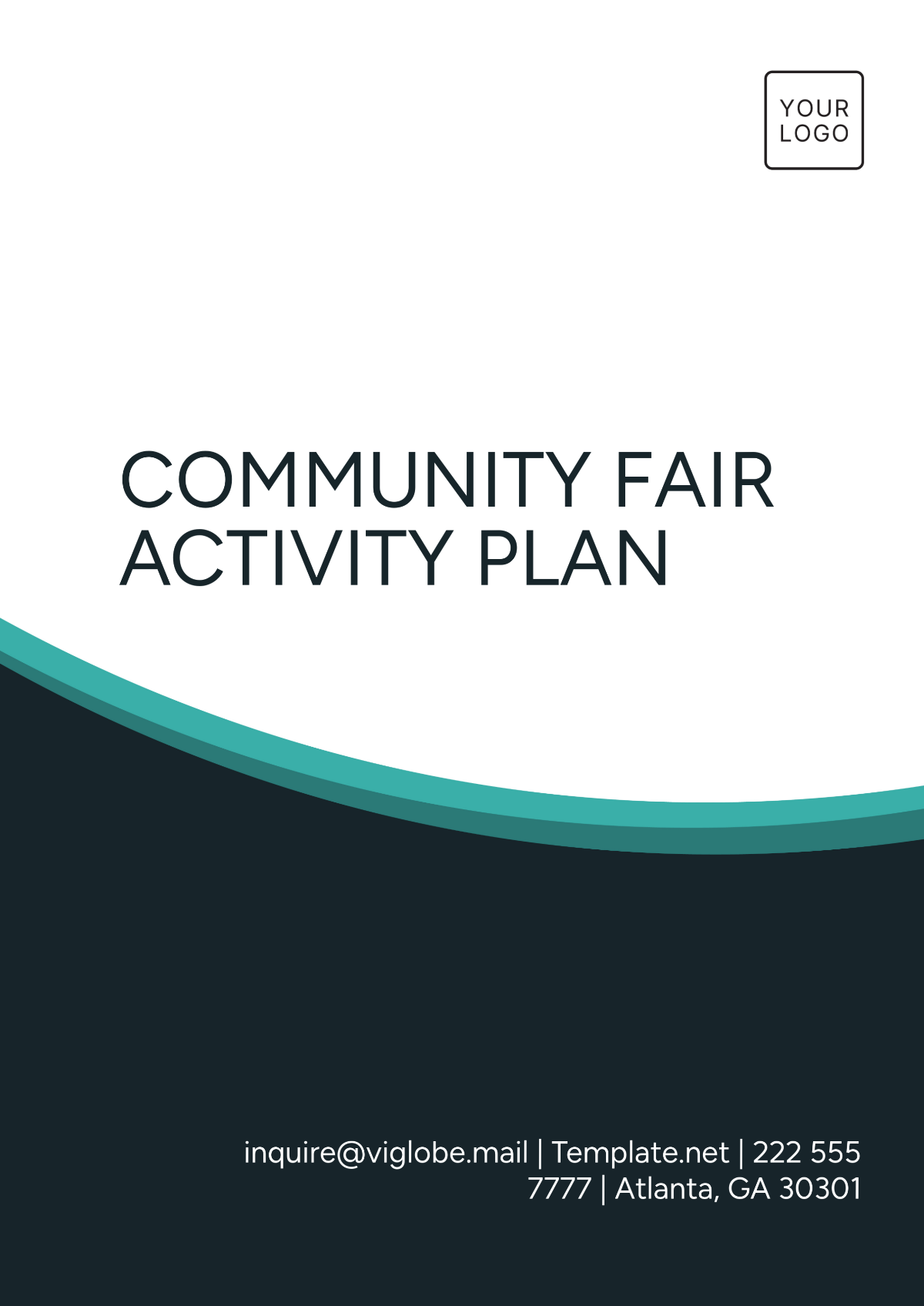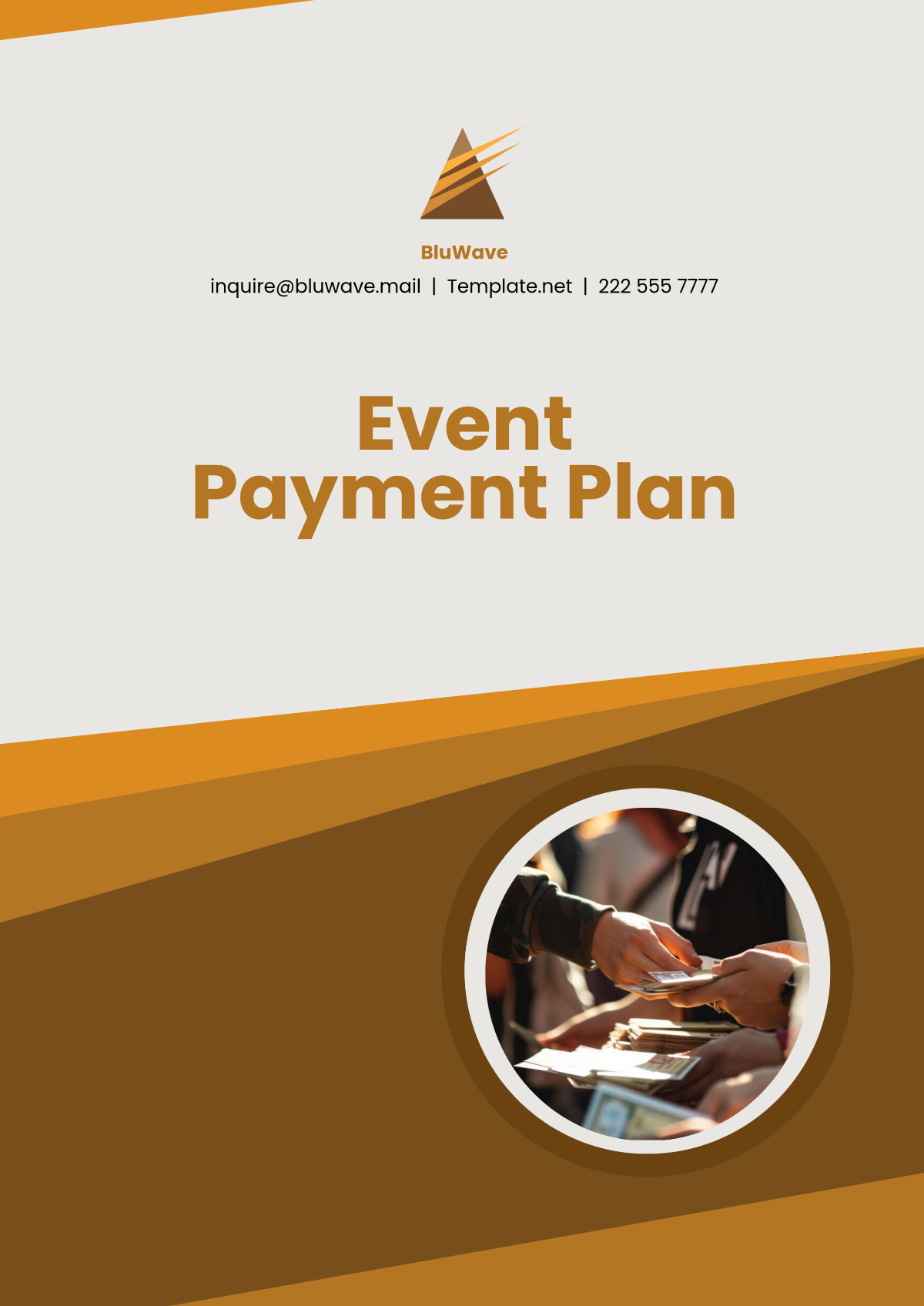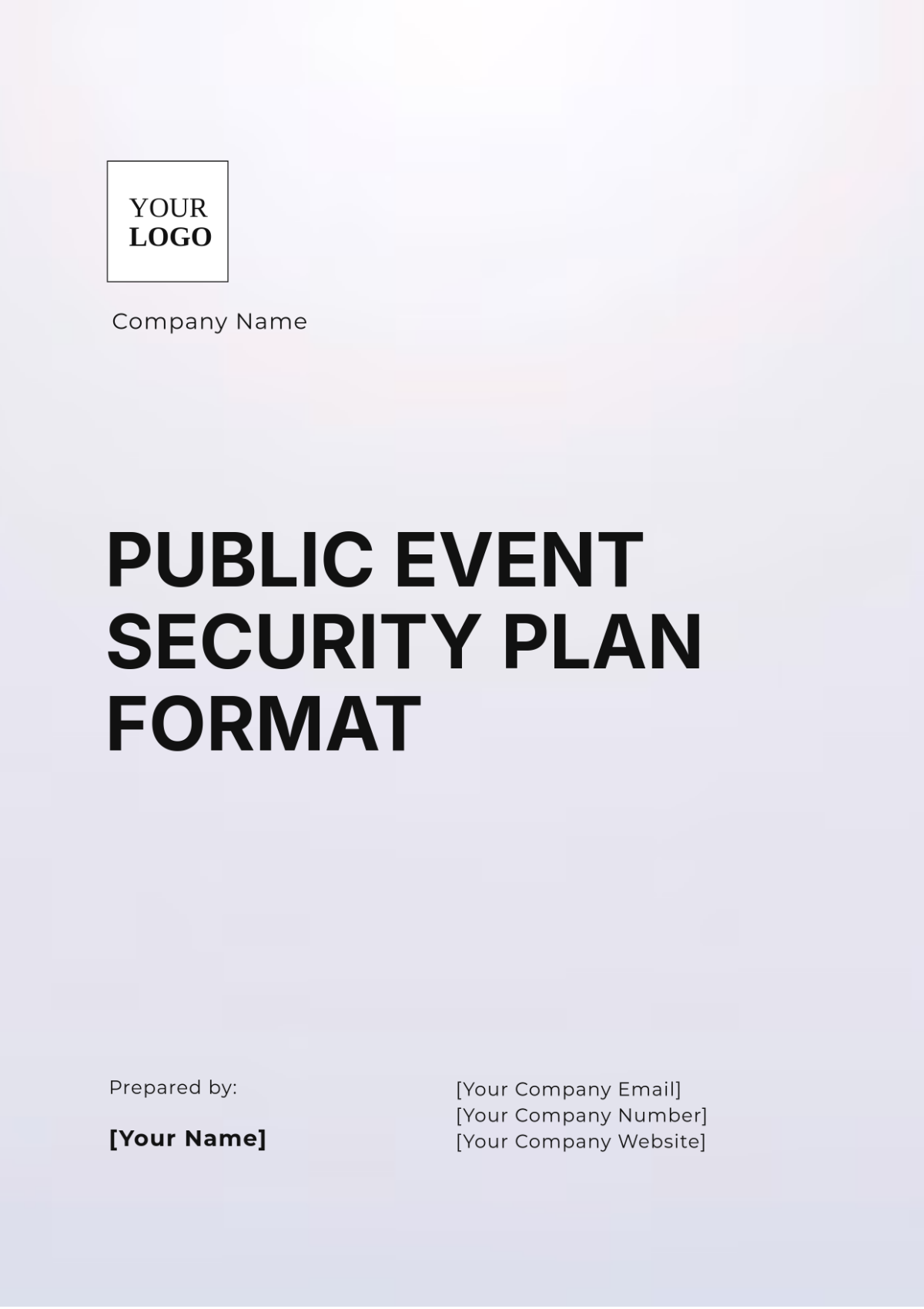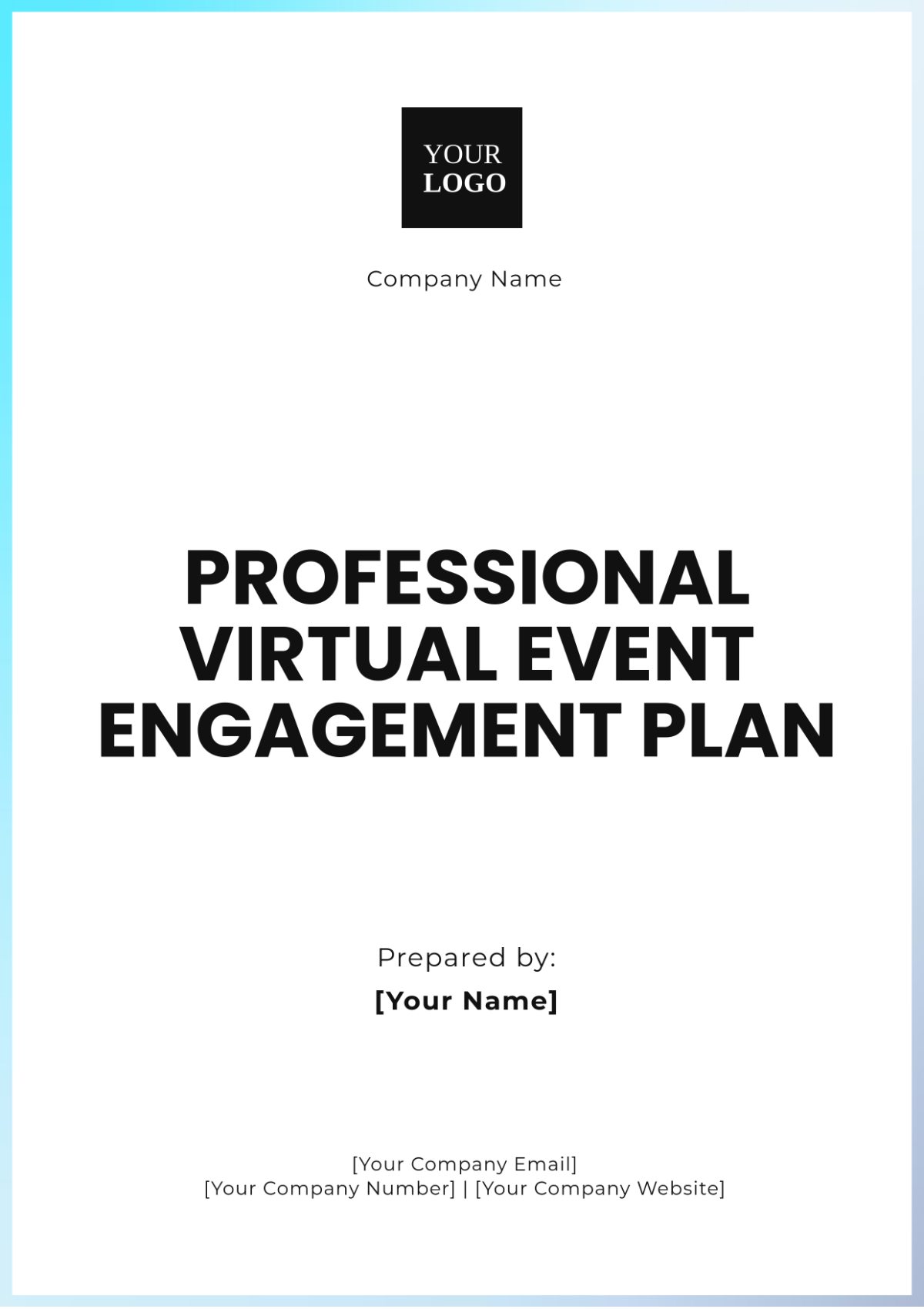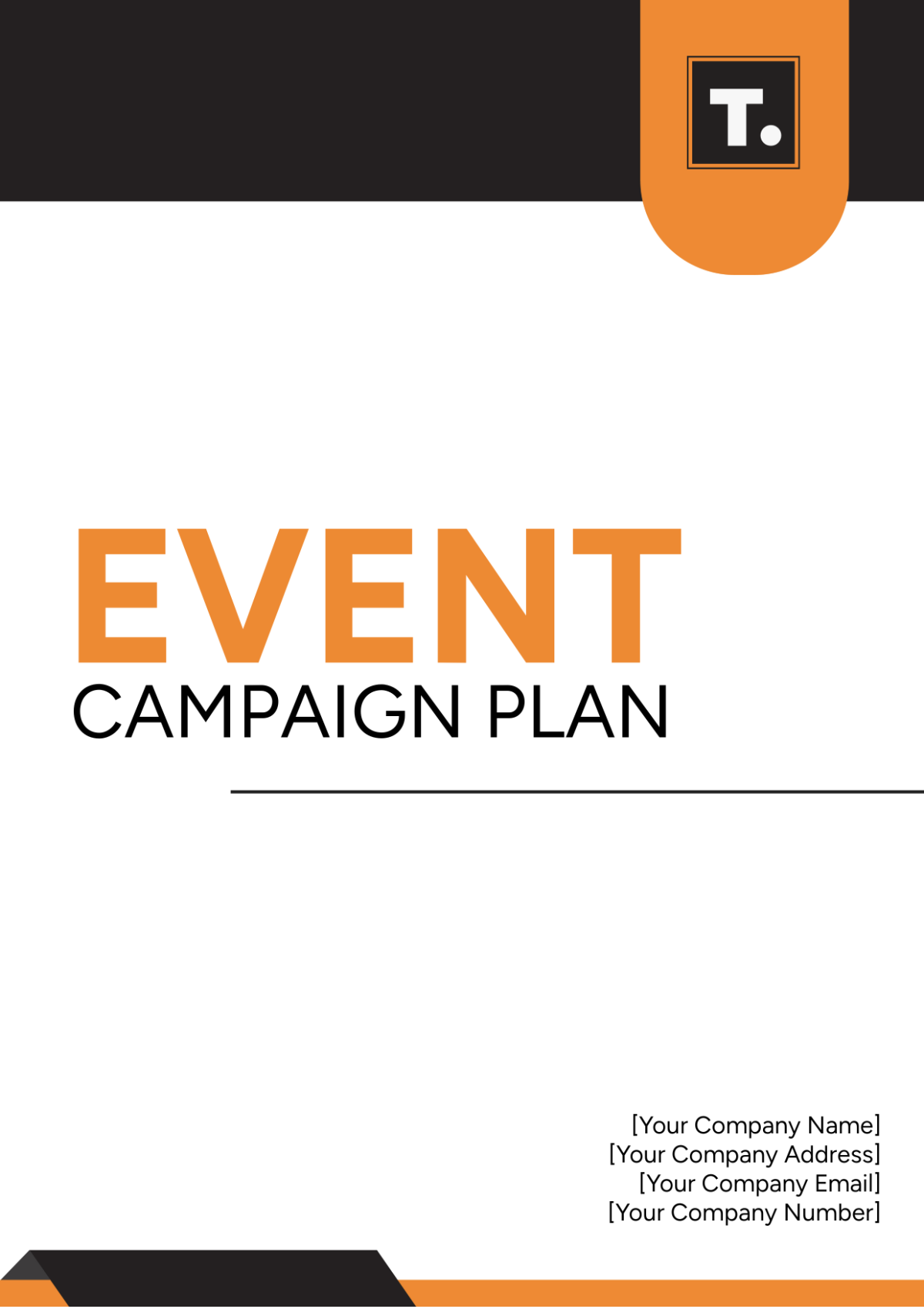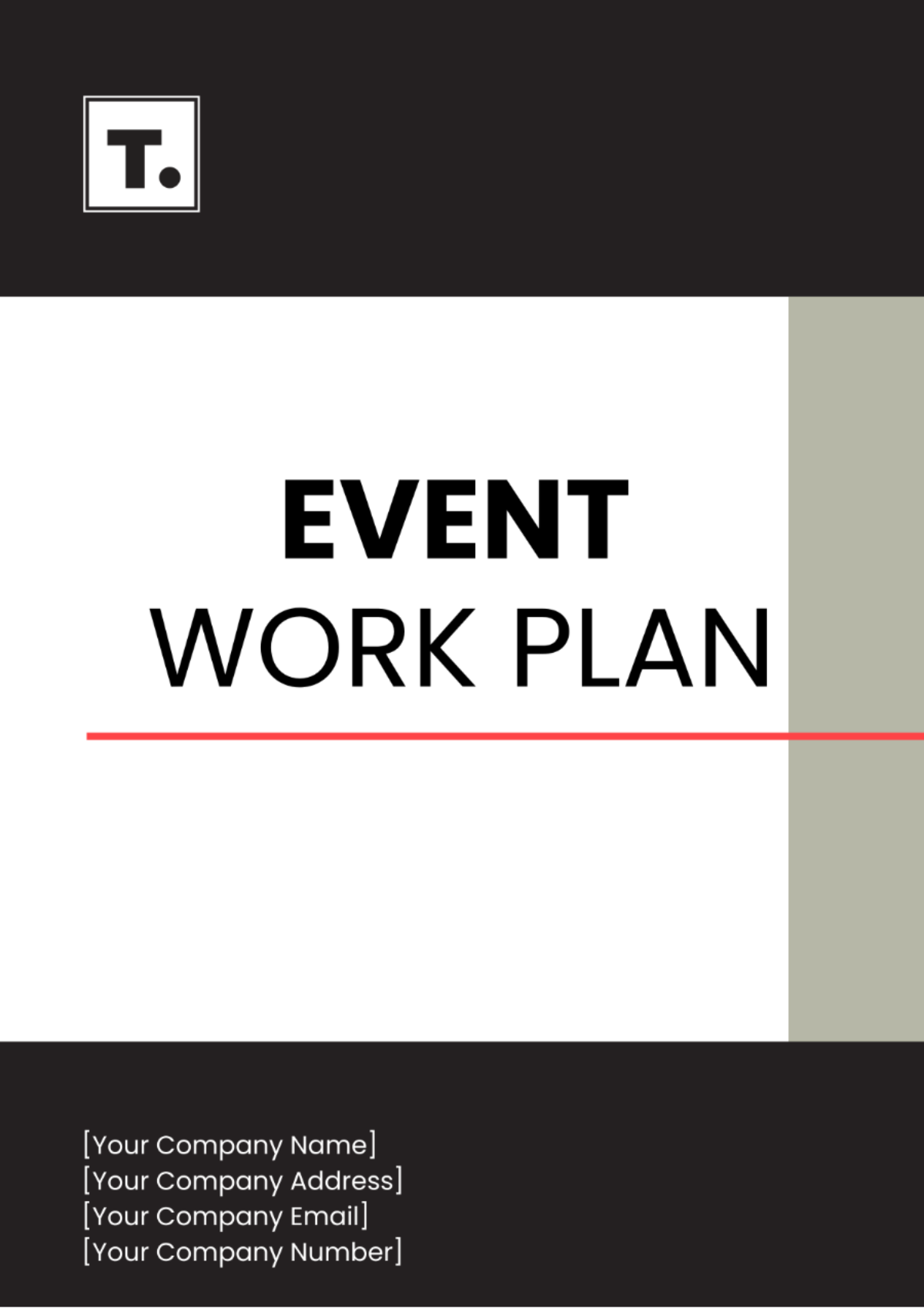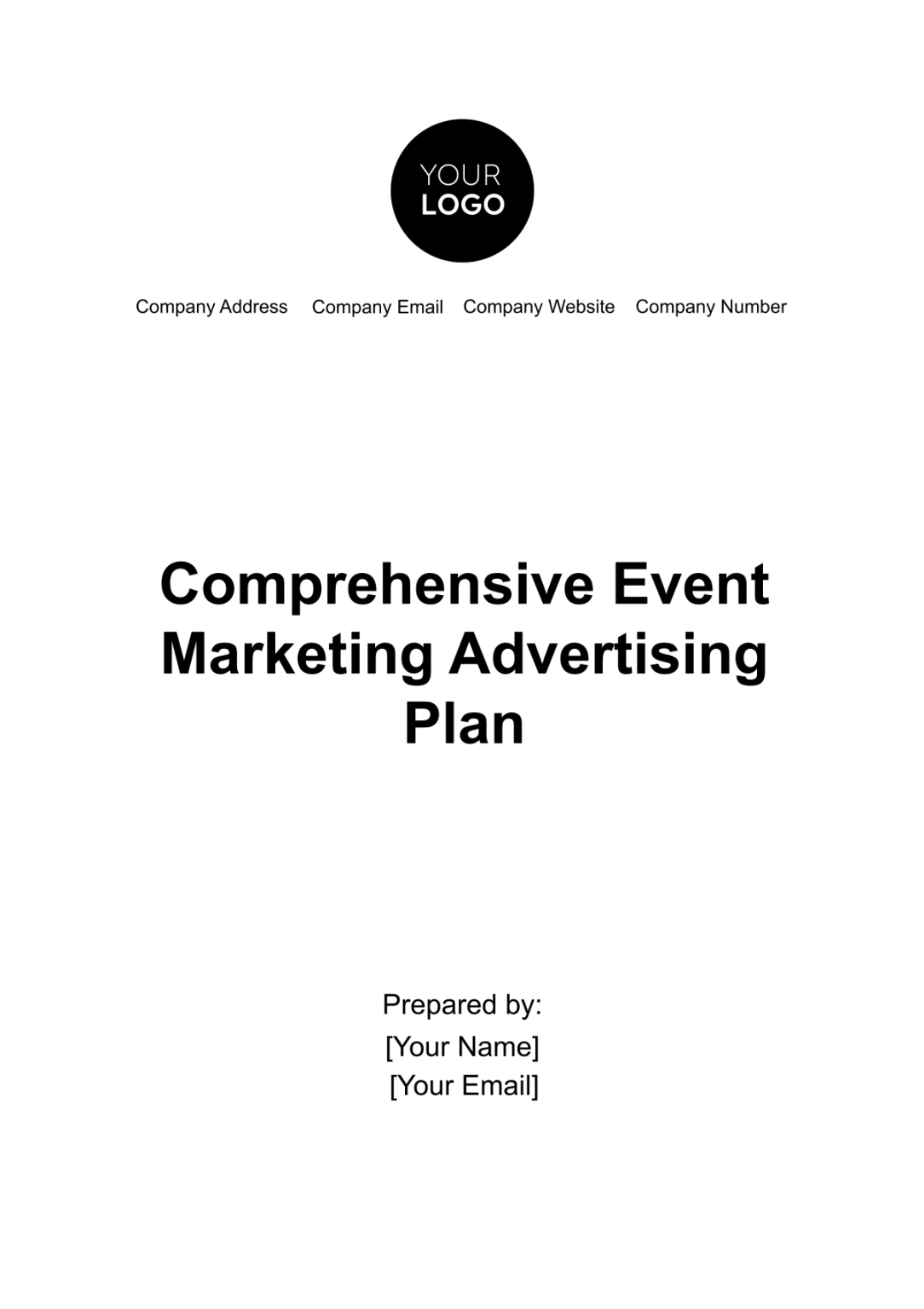Event Management Layout Plan
I. Introduction
This document serves as a comprehensive event management plan designed to ensure the successful planning, execution, and evaluation of events. It provides a structured approach applicable to events of any scale, emphasizing critical aspects such as logistics, budgeting, staffing, and contingency planning. This guide aims to streamline the process and enhance collaboration among all stakeholders involved in the event.
II. Event Overview
A. Event Objectives
The primary objectives of this event are to:
Foster community engagement through interactive activities and discussions.
Increase brand awareness by showcasing our initiatives and offerings to a diverse audience.
Promote networking opportunities among participants to facilitate collaboration and partnerships.
B. Event Scope
Type of Event: Conference
Audience Size: 500 attendees
Location: Downtown Convention Center
Date: March 15-17, 2050
III. Planning and Logistics
A. Venue Management
Venue Selection: Secure a venue that meets capacity and accessibility requirements.
Facilities Arrangement: Ensure necessary facilities are available, including:
Audio-visual equipment (projectors, microphones, sound systems)
Comfortable seating arrangements
Accessibility options for individuals with disabilities (ramps, restrooms)
B. Budget Planning
Outline the overall budget with detailed cost categories:
Category | Estimated Cost |
|---|---|
Venue | $10,000 |
Catering | $5,000 |
Marketing | $3,000 |
Miscellaneous | $2,000 |
Total | $20,000 |
C. Staffing and Team Responsibilities
Assign specific roles and responsibilities to ensure efficient event management:
Event Coordinator: Oversee overall management, ensuring that all elements of the event are executed smoothly.
Logistics Manager: Responsible for venue setup, equipment arrangement, and on-site coordination.
Marketing Lead: Develop and implement promotional strategies and outreach efforts.
Volunteer Coordinator: Recruit, train, and manage volunteers to assist during the event.
IV. Marketing and Promotion
A. Marketing Strategy
Develop a multi-faceted marketing strategy to maximize event visibility and attendance:
Social Media Campaigns: Utilize platforms such as Facebook, Twitter, and LinkedIn to engage potential attendees and share event updates.
Email Newsletters: Send targeted email campaigns to our existing mailing list, highlighting event details and registration links.
Partnership Collaborations: Leverage relationships with local businesses and organizations to cross-promote the event.
B. Engagement Tools
Implement digital tools to enhance participant engagement at every stage:
Social Media Platforms: Create event-specific hashtags to encourage sharing and interaction.
Email Campaigns: Regular updates to keep participants informed and engaged before the event.
Event-specific Mobile App: Develop a mobile app featuring schedules, speaker bios, and networking opportunities to facilitate attendee interaction.
V. Execution and On-site Management
A. Event Schedule
Create a detailed timeline outlining all event activities, including:
Day 1: March 15
Registration
Opening Keynote
Breakout Sessions
Networking Reception
Day 2: March 16
Panel Discussions
Workshops
Lunch
Evening Networking Event
Day 3: March 17
Closing Remarks
Feedback Session
Event Conclusion
B. Risk Management
Identify potential risks and develop contingency plans to mitigate them:
Weather-related Issues: Have an indoor backup plan in case of adverse weather conditions.
Technical Failures: Ensure on-site technical support is available and conduct pre-event equipment checks.
Medical Emergencies: Designate first aid stations and ensure trained personnel are on-site.
VI. Post-Event Evaluation
A. Feedback and Analysis
Participant Feedback: Distribute surveys to collect feedback from attendees regarding their experience, session content, and overall satisfaction.
Stakeholder Review: Hold a debriefing session with key team members to discuss what worked well and areas for improvement.
B. Final Reporting
Prepare a comprehensive final report summarizing the event outcomes, including:
Attendance numbers and demographics
Financial performance, comparing budgeted vs. actual costs
Participant feedback and recommendations for future events


